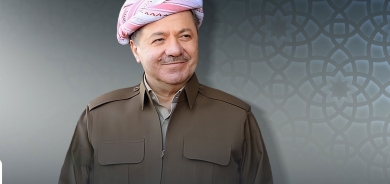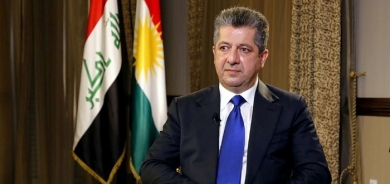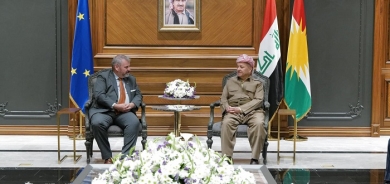AN INVENTORY OF THE GEZİ PARK AFFAIR

1- Whatever is the percentage of support behind the incumbent government is, it is hard to manage a society if harmony between social groups and justice in administrative practices are not observed.
2- The majority choice determines the general direction of public administration. But minority opinion and expectations have to be deeded for fair representation.
Majority choice provides the dominant color. But a society, as complex it is, is like a painting made up of many colors. Reducing the society to a uni-color surface is against the plurality of the social reality. It is like white-washing a mural.
3- Democracy requires reconciling differences. Uniformity initially gives the semblance of stability but this is temporary and misleading. Sooner or later repressed and excluded groups evince their displeasure with the system. The most obvious example is the Kurdish grievance with the system, the tremors of which will soon be felt if a “grand peace” within Turkey is not struck given the infighting among Turks.
4- The new middle-class that is the product of 11 years of AKP rule is the child of the modern era. It is alien to the social values and behavioral patterns of the less developed and traditional society of the recent past. The Professional youth belonging to the new middle-class is more world-oriented and imbued with its values like individualism, personal freedom, cultural diversity and productivity. They dislike being trapped into collectivities that do not reflect their free choices. They dislike “Big Brothers”.
They are not revolutionaries but definitely are reformists that induce them to challenge the values and mode of behavior of their elders that were more obedient to authority. Their language is more universal, resilient/creative and conciliatory. While their elders are suspicious of the outside World (because they hardly understood it) the present day educated youth is more in tune with international standards and practices. They are hardly nationalists.
5- Opposition parties and groups were not able to build convincing agendas that attracted popular support. But the spontaneous opposition movement against the callousness of the government on environmental/civic issues like the Gezi Park to start with quickly created a butterfly effect that attracted many other groups who resented the arbitrariness of the government and its perceived intervention into personal lives and cultural choices.
This situation led to further complications: a) The government interpreted the growing but unorganized opposition as a threat to its very existence. A witch hunt started against subversive foreign agents with the zestful help of the press. b) The limited opposition initiated by a conscious youth was almost hijacked by various groups such as the old bureaucratic guard that had lost its power to the AKP and political parties who had no salt in the process. Fortunately the Gezi Park youth disliked all and stayed detached from them. c) The ‘revolution’ that was expected of this movement could not be because the initiative had no ideology, structure and leadership. It was an ad hoc reaction to an authoritarian and arbitrary central authority that wanted to transform the center of Istanbul into something the citizens of the district did not approve.
6- What brought the youth and their “fiends” together was the electronic medium that is commonly called ‘social media’. It is the same medium that brought millions together in Arab countries where free opposition was not allowed.
Could a revolution be born out of these circumstances? Hardly so or may be a virtual one. One brewed by the modern communication system that could later mature into an organized social movement. But not right away.
7- Finally, we have come realize that Turkey is undergoing a major social change and new social cohorts are in the making. They have new demands and expectations. Their social-cultural expectations are different from their former class mates.
They will either be incorporated into the society or watch it to position itself against the established order. Either case is a harbinger of major societal change. The question is will Turkey (or better the government) successfully lead this change or try to guard the temple until it proves to be futile?
Its stance concerning this problem will determine the success and longevity of the incumbent government and the stability of Turkey.

 Doğu Ergil
Doğu Ergil






